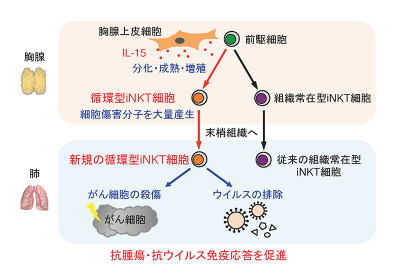2022-10-24 ノースカロライナ州立大学(NCState)
FM550は、10年前に初めて特定された難燃性混合物で、安全性の懸念から段階的に廃止される難燃剤の一種であるPBDEに代わるものとして開発されたものである。
トランスクリプトーム解析の結果、アルツハイマー病やALSなどの神経変性疾患に関連する細胞呼吸遺伝子の破壊が見つかり、リピドミクス解析では、脳内のコリンとトリグリセリドレベルの乱れが指摘された。
<関連情報>
- https://news.ncsu.edu/2022/10/flame-retardant-alters-brain-development-in-rats/
- https://www.karger.com/Article/Abstract/526959
妊娠中のファイアマスター550(FM 550)曝露による新生児大脳皮質への影響は性差があり、有機リン酸エステルに大きく起因。 Impacts of Gestational FireMaster 550 (FM 550) Exposure on the Neonatal Cortex are Sex Specific and Largely Attributable to the Organophosphate Esters
Witchey S.K. · Doyle M.G. · Fredenburg J.D. · St. Armour G. · Horman B. · Odenkirk M.T. · Aylor D.L. · Baker E.S. · Patisaul H.B.
Neuroendocrinology Published:September 08, 2022
DOI:https://doi.org/10.1159/000526959
Abstract
Introduction: Flame retardants (FRs) are common bodily and environmental pollutants, creating concern about their potential toxicity. We and others have found that the commercial mixture, FireMaster® 550 (FM 550) or its individual brominated (BFR) and organophosphate ester (OPFR) components are potential developmental neurotoxicants. Using Wistar rats, we previously reported developmental exposure to FM 550 or its component classes produced sex- and compound-specific effects on adult socioemotional behaviors. The underlying mechanisms driving the behavioral phenotypes are unknown. Methods: To further mechanistic understanding, here we conducted transcriptomics in parallel with a novel lipidomics approach using cortical tissues from newborn siblings of the rats in the published behavioral study. Inclusion of lipid composition is significant because it is rarely examined in developmental neurotoxicity studies. Pups were gestationally exposed via oral dosing to the dam to FM 550 or the BFR or OPFR components at environmentally relevant doses. Results: The neonatal cortex was highly sexually dimorphic in lipid and transcriptome composition, and males were more significantly impacted by FR exposure. Multiple adverse modes of action for the BFRs and OPFRs on neurodevelopment were identified, with the OPFRs more disruptive than the BFRs via multiple mechanisms including dysregulation of mitochondrial function and disruption of cholinergic and glutamatergic systems. Disrupted mitochondrial function by environmental factors has been linked to higher risk of autism spectrum disorders. Impacted lipid classes included the ceramides, sphingomyelins, and triacylglycerides. Robust ceramide upregulation in the OPFR females could suggest heightened risk of brain metabolic disease. Conclusions: This study reveals multiple mechanisms by which the components of a common FR mixture are developmentally neurotoxic and that the OPFRs may be the compounds of greatest concern.



